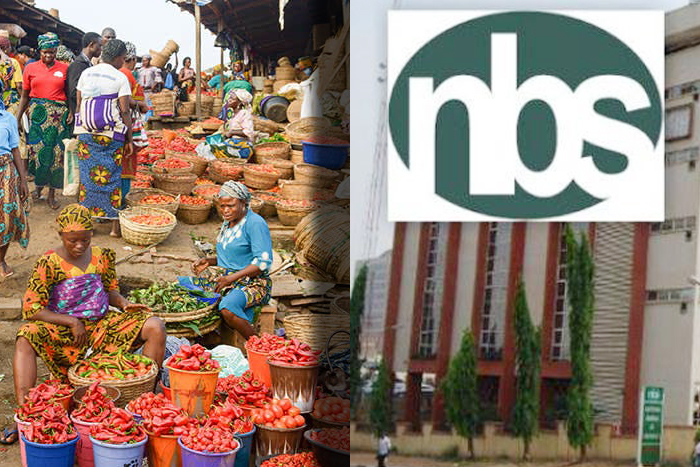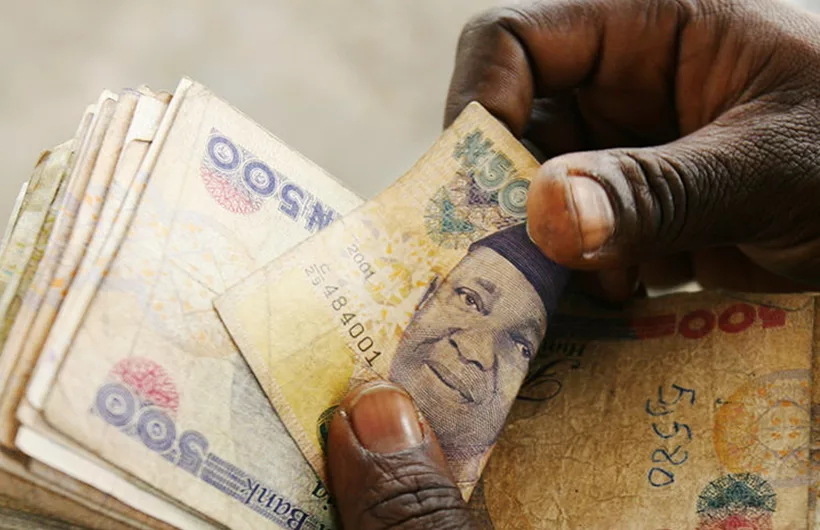A household expectations survey comprising the consumer expectations and inflation attitude survey that was conducted by the Central Bank of Nigeria (CBN) for the period of July 22-26, 2024 has shown that most Nigerian consumers are downbeat over the expected rise in the general prices of consumables across board.
The survey had a response rate of 99.7 percent. The sample size was 1,665 Households, drawn from the National Bureau of Statistics (NBS) Master Sample List of Households, which is considered a representative sample of Households nationwide.
The excerpts of the report that was released yesterday showed that overall outlook “of consumers in July 2024 was downbeat, as consumers anticipated drawing down on their savings or getting into debt.”
On average, more households expect increased expenditure on basic commodities and services across all periods under review.
The CBN report showed that the majority of consumers believed that the review period would not be an ideal time to purchase big ticket items like consumer durables, motor vehicles, and buildings & landed properties.
“Majority of the consumers expect the Naira to depreciate, while Borrowing Rate, Inflation Rate and the Unemployment Rate will rise in the current month,” the survey showed.
Respondent households believed that the economy would end up weaker rather than stronger if prices started to rise faster than they do now.
Given a trade-off between inflation and interest rate, the majority of respondents would prefer lower interest rates, the report showed.
Respondents were asked for their opinion on the potential impact of rapid price increase on the Nigerian economy. The survey result showed that 80.9 per cent of the respondents believed that the economy would end up weaker, while 3.2 percent opined that it would be stronger.
Also, 12.9 per cent of the respondents believed it would make no difference.
“These responses suggest considerable awareness and support for Price Stability, as more respondents
were of the view that inflation is inimical to economic growth.”
Majority of the respondents are aware that MPC (CBN) sets Interest Rate and their decisions influence short term interest rate in Nigeria.
We’ve got the edge. Get real-time reports, breaking scoops, and exclusive angles delivered straight to your phone. Don’t settle for stale news. Join LEADERSHIP NEWS on WhatsApp for 24/7 updates →
Join Our WhatsApp Channel










